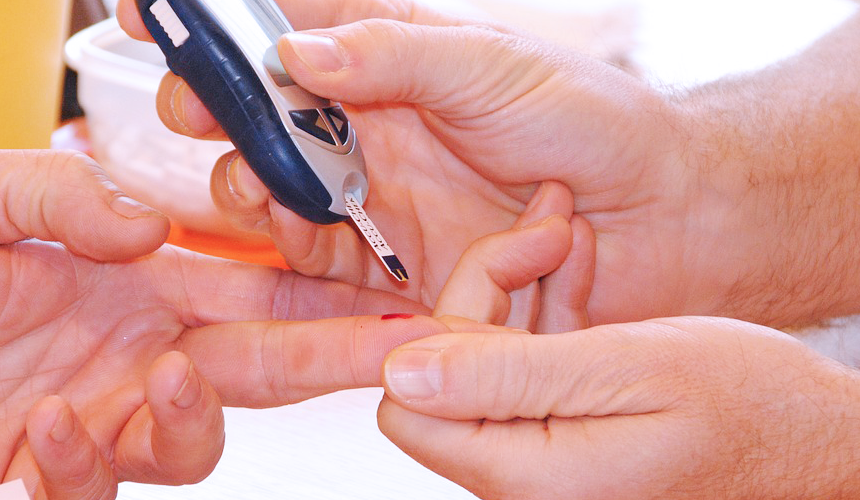** Diabetes, a chronic condition marked by elevated blood glucose levels, poses significant health risks, including heart disease, nerve damage, eye problems, and kidney disease. Shockingly, approximately 11.3 percent of individuals in the United States have diabetes, with a substantial portion unaware of their condition.
While diabetes lacks a cure, there are multifaceted strategies to effectively manage it. These encompass adhering to prescribed medications like insulin, adopting a health-conscious diet, engaging in regular physical activity, ensuring sufficient sleep, and mastering stress management techniques.
Research reveals a potential path to remission for select individuals with type 2 diabetes through sustained dietary and lifestyle changes. Furthermore, for those with pre-diabetes, characterized by elevated blood sugar levels below the diabetes threshold, diligent dietary and lifestyle adjustments can stave off full-fledged diabetes.
Dietary supplements have emerged as a topic of interest in diabetes management, primarily in the context of type 2 diabetes. Some supplements, such as chromium, cinnamon, and berberine, exhibit weak evidence of aiding blood sugar control. Additionally, alpha-lipoic acid holds promise in reducing pain associated with diabetic neuropathy.
Now, let's explore 10 scientifically proven lifestyle changes that can significantly enhance blood sugar control:
1. Regular Exercise:
Engaging in regular physical activity tops the list for controlling blood sugar levels. It enhances insulin sensitivity, making it easier for your cells to absorb glucose. Aim for at least 150 minutes of moderate-intensity exercise per week, such as brisk walking, swimming, or cycling.
2. Balanced Diet:
Nutrition plays a pivotal role in blood sugar management. Focus on a well-balanced diet that includes complex carbohydrates, fiber-rich foods (like vegetables and whole grains), lean proteins, and healthy fats. Minimize your intake of sugar and refined carbohydrates.
3. Portion Control:
Controlling portion sizes is essential to prevent overeating, which can lead to blood sugar spikes. Utilize smaller plates, be mindful of recommended serving sizes, and resist the temptation for second servings.
4. Monitor Your Carbs:
Carbohydrate counting is a precise method to keep blood sugar stable. Monitor your daily carb intake and distribute it evenly across meals to prevent fluctuations.
5. Whole Grains:
Whole grains like brown rice, quinoa, and whole wheat bread are packed with fiber and nutrients that slow down the absorption of sugar into your bloodstream. Opt for these over refined grains.
6. Hydration:
Proper hydration is often overlooked but is vital for blood sugar regulation. Water helps flush excess sugar from your bloodstream. Make it a habit to drink an adequate amount of fluids throughout the day.
7. Stress Management:
Chronic stress can raise blood sugar levels. Incorporate stress-reduction techniques like meditation, deep breathing exercises, or yoga into your daily routine to maintain balance.
8. Adequate Sleep:
Sleep quality is closely linked to blood sugar control. Aim for 7-9 hours of quality sleep per night to support your overall health and metabolism.
9. Regular Monitoring:
Frequent blood sugar monitoring is crucial to understand your body's responses and make necessary adjustments to your lifestyle and medications. Consult with your healthcare provider to determine the best monitoring schedule.
10. Medication Adherence:
If your healthcare provider prescribes medications to manage blood sugar, ensure strict adherence to the prescribed regimen. Consistency is key to achieving effective control.
THE BOTTOM LINE
Effective diabetes management necessitates dedication to these proven lifestyle changes. Prioritize exercise, a balanced diet, and portion control to maximize blood sugar control. By incorporating these strategies into your daily life, you can bolster your blood sugar control, elevate your overall health, and lead a more fulfilling life.
However, when considering dietary supplements for diabetes, exercise caution. While some show potential benefits, many studies have limitations, making conclusive recommendations challenging. Additionally, some supplements can have side effects, including severe ones like kidney damage.
Above all, beware of products claiming to be miracle cures or replacements for diabetes medication. The U.S. Food and Drug Administration (FDA) warns against such misleading and potentially dangerous products. It's vital to consult with healthcare professionals and rely on proven treatments for diabetes rather than unverified health products or practices.
Resources: National Institute of Diabetes and Digestive and Kidney Diseases (NIDDK), American Diabetes Association (ADA)

